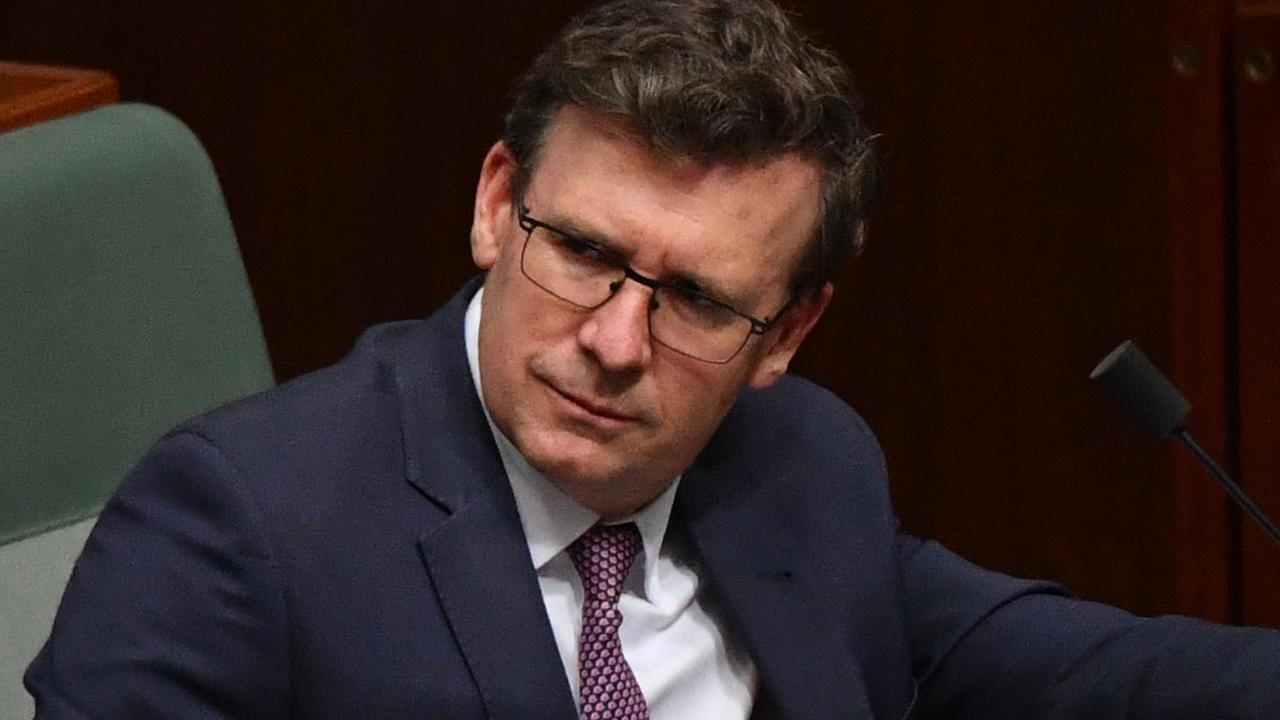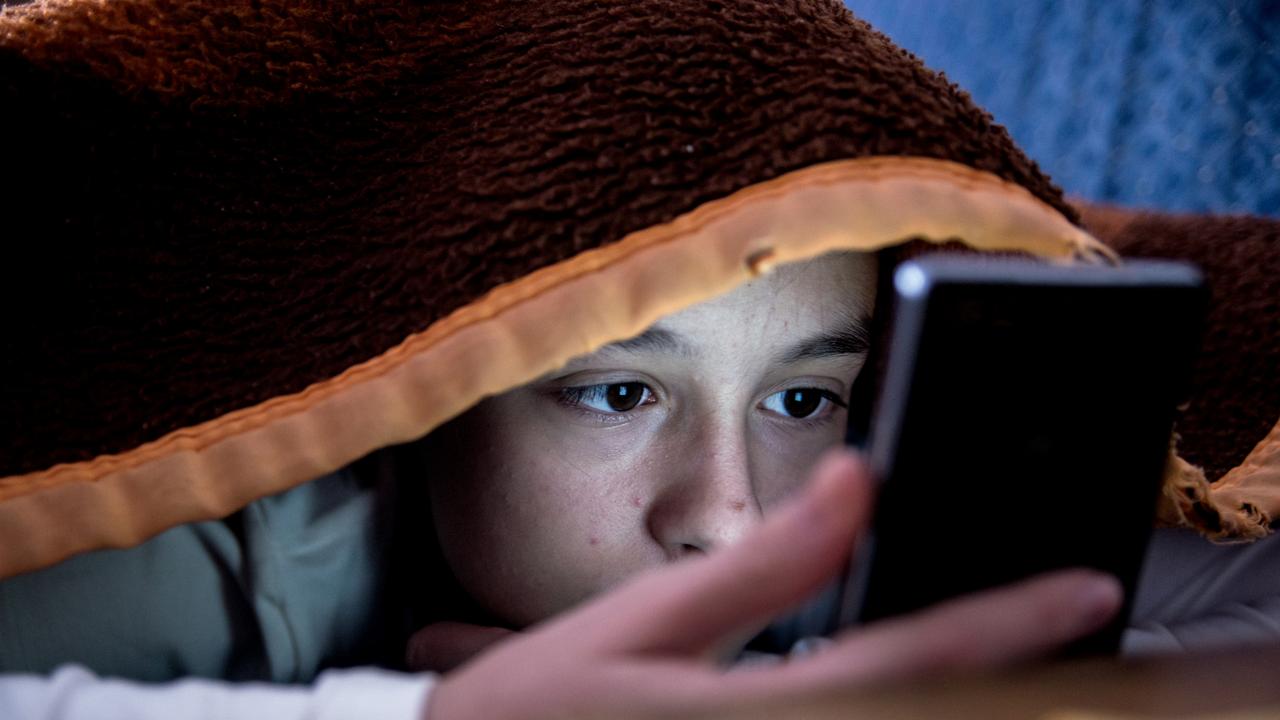Teenagers sending unsolicited nude photos risk 15 years in jail, police warn
The Education Minister has blasted teenage boys for sending “d*ck pics” to female classmates, amid police warnings they could be prosecuted.
Over the last five weeks, as Parliament House reckoned with the culture of sexual abuse and harassment endured by its female employees at the hands of their male colleagues, so too have some of our nation’s most prestigious schools.
Now, as thousands of schoolgirls from across Australia continue to speak out about a chilling culture of normalised rape and sexual assault, federal Education Minister Alan Tudge has blasted teenage boys for sending “d*ck pics” to their classmates, warning that they could be prosecuted for their behaviour.
“It does make me angry that people, particularly boys, would be sending unsolicited sexual images to girls,” Mr Tudge, a father of teenage girls himself, told News Corp Australia.
“I’m shocked that this occurs. It’s not acceptable – I am very concerned about what I hear is the prevalence of this.”
An online forum created by former Kambala student Chantel Contos earlier this month has seen countless disturbing testimonies from students saying they were raped while unconscious at parties or forced to perform oral sex while they were severely intoxicated.
Others said they were pressured to perform non-consensual sexual acts, including threesomes, forced alcohol consumption, and waking up to being touched by someone inappropriately.
RELATED: Disgusting twist as schoolgirls speak up

One in three teenagers has experienced sexting, a survey by Federal eSafety Commissioner Julie Inman Grant’s agency found, with one in five girls and one in eight boys being sent unsolicited nude photos.
Anyone sending an unsolicited nude photo could risk 15 years in jail, Australian Federal Police (AFP) Detective Superintendent Paula Hudson said yesterday.
“Creating or accessing child abuse material is an offence, even if you are a child yourself,” she said.
“Once an image is sent it can end up anywhere on the internet and can never be deleted.
“These images can be traded by online child sex offenders and are known to end up in their child abuse material collections.
“Having naked or even a partially naked image of a person under the age of 18 – including one of yourself – may be classified as child sexual abuse material.”
Speaking on International Women’s Day, Ms Contos said that it was time for everyday Australians to reflect on the things they can do to encourage change – and that education, particularly the introduction of early and holistic education about consent and sex in schools, could play a key part.
“Although, as a nation, we have the resources and wisdom to do so, we are not educating Australia’s youth on the factors that lead to rape culture,” she said.
The aim for Australia, she said, is to get to a point where “it’s more socially acceptable to call out behaviour that leads to rape culture than it is to engage with it”.
“I’m calling on Australia to reflect on the small things we do, hear and say in our day-to-day lives that contribute to rape culture,” Ms Contos said.
“Some examples of these behaviours are catcalling, inappropriately touching someone, objectifying women and shaming anyone for their sexuality, or coming forward as a victim of sexual assault.
“These things are often shrugged off but they are what maintain and perpetuate rape culture.”
RELATED: Elite school captain’s chilling speech

The federal Education Department will release new sex education materials, to be used with state and territory curriculums, to combat the issue in the coming weeks, while Mr Tudge also called on parents to crack down on their teenagers’ behaviour.
“Parents need to be having conversations with their teenage children to ensure they know that certain actions are simply unacceptable, and images that are sent online cannot only be very harmful to the recipients but inevitably will be on the internet forevermore in some way or another,” he said.
“Depending on their age they could open themselves up to prosecution.
“Clearly parents are the most important people in this but schools should equally be teaching sex education and issues in relation to consent and respectful relationships.”




